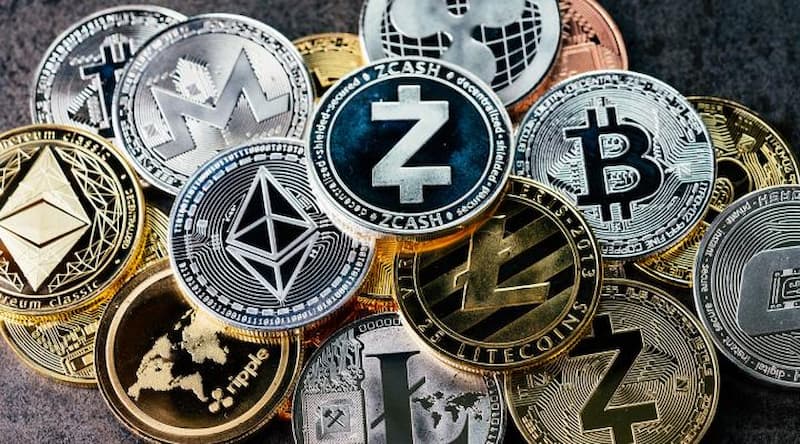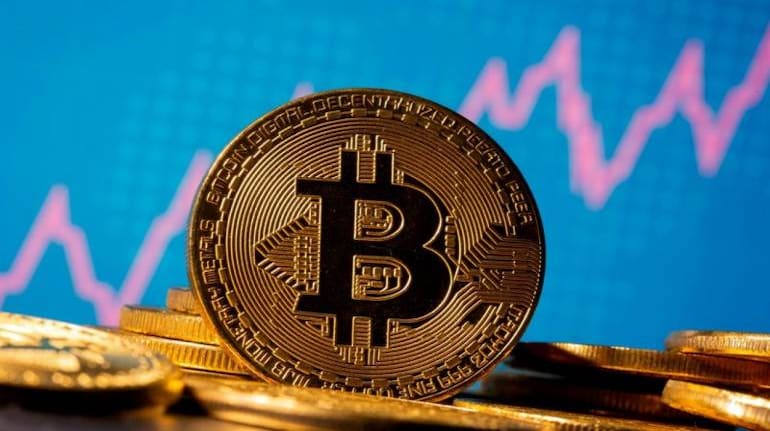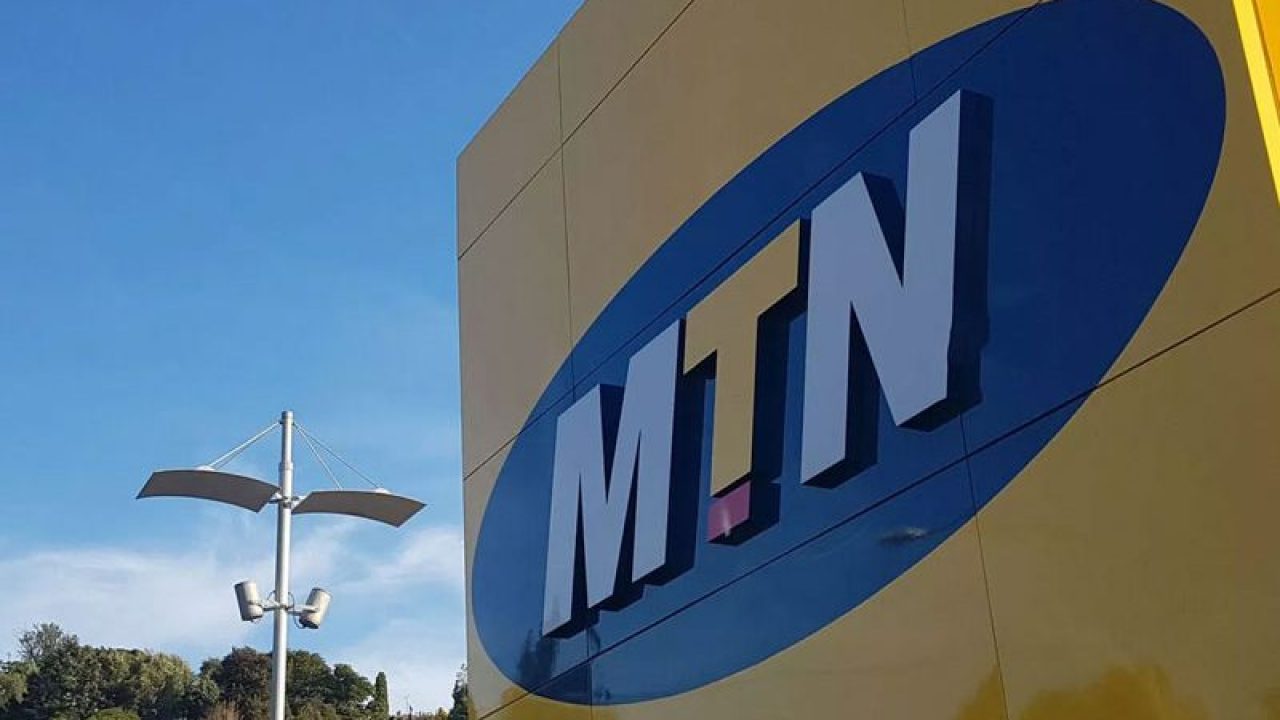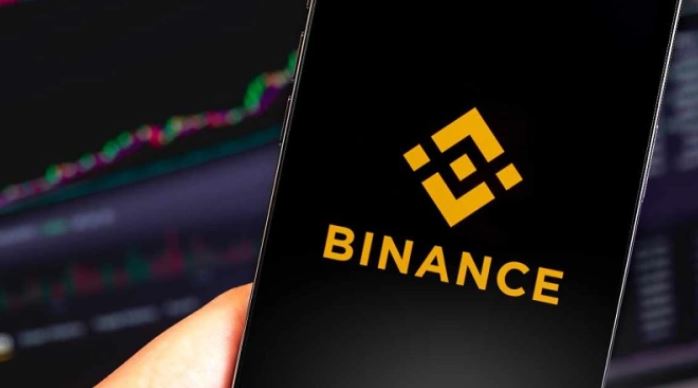Cryptocurrencies finally see hope in Nigeria as the Securities and Exchange Commission (SEC) has issued a new guideline recognising digital assets.
By this new guidelines, cryptocurrencies have become legal in Nigeria!
The Securities and Exchange Commission defined digital assets like cryptocurrencies and NFTs in the new guidelines which clearly shows approval.
According to it, a digital asset is a token that represents assets such as a debt or equity claim on the issuer.
It further defined saying, “and thus, by default is (Digital asset) under the purview of the Securities and Exchange Commission of Nigeria.”
This is remarkable for the crypto world as the Central Bank Of Nigeria (CBN) banned cryptocurrencies transactions in the country via banks.
In 2020, the Central Bank of Nigeria directed all financial service providers to halt cryptocurrency transactions.
CBN had imposed an indefinite prohibition on cryptocurrencies, defining them as securities and not currencies.
ALSO READ: Save Energy And Reduce Electric Bills By Unplugging These Common Home Appliances
However, the Nigerian SEC’s “New Rules on Issuance, Offering Platforms and Custody of Digital Assets” circular looks to give regulatory backings to cryptocurrencies.
It also gives the booming cryptocurrency and other digital assets’ market in Nigeria a legal boost.
Consequently, the latest developments from SEC could act as the precursor for a surprise positive response from the CBN towards cryptocurrencies.
So, everyone, especially digital asset enthusiasts, now eagerly await the response from the CBN following SEC’s new guidelines.
The SEC Guideline on Digital Assets:
The new guideline by SEC provides more clarity on trading in cryptocurrencies in Nigeria.
In the new guideline, SEC mandates the registration of “the offering and sale of digital tokens that are considered securities.”
SEC’s new rule covers the issuance of digital assets as securities.
It also covers the registration of platforms and digital asset custodians, exchanges and virtual assets service providers.
Also, the rules apply to all issuers seeking to raise capital through digital asset offerings in Nigeria.
Consequently, it clarifies that digital asset actors include digital asset offering platforms (DAOPs), digital asset custodians (DACs), virtual assets service providers (VASPs), and digital assets exchange (DAX).
SEC also said that it would review applications within 30 days before determining whether the digital asset proposed to be offered constitutes a “security.”
It, however, said, “The commission may reject any application for registration of digital assets if, in its opinion, the proposed activity infringes public policy, is injurious to investors or violates any of the laws, rules and regulations implemented by the commission.”
Meanwhile, the SEC also requires exchanges to be “fair, reasonable, and transparent” with their fees.
Registered exchanges will also need to provide the SEC with a list of assets they intend to trade and get a “no objection” letter for each asset.
Also, successfully registered exchanges in the country need to be capitalized with at least NGN 500,000 (US$1,204) in paid-up capital.
They also need to post a fidelity bond for at least 25% of this amount, according to the rules.
Cable explains that Paid-up capital is the amount of money a company has received from shareholders in exchange for shares of stock.
Similarly, a fidelity bond is a type of insurance that protects against losses incurred by fraudulent acts carried out by employees.
Moreover, the rule apply to all platforms that support the trading, exchange, and transfer of virtual assets.
It also affects all issuers and sponsors of virtual/digital assets, including international and non-residential issuers and sponsors.
Also, any operator that aggressively targets Nigerian investors falls under this rule.
Generally, the rule gave guidance on application, registration and moratorium on equity interest.
It also provides guidance on limitations to funds which a digital investment seeking to hold money can raise, among others.
Meanwhile, SEC defines “Virtual Assets” as digital representations of value that can be traded, transferred, able to be used for payment and Investment purposes and which exclude items like digital representations of Fiat currencies.
Stablecoins fits this category perfectly well.
“Digital Asset Offerings” are defined in the rules as Initial Coin Offerings (or ICOs) which are simply digital equivalents of Initial Public Offerings to subscribe to Securities regulated by SEC and which are based on digital tokens instead of subscription-based Investment units.
“ICOs” are defined here as digital Capital raising for business projects (called “ICO” projects) based on distributed ledger technology involving token issuing to the public as digital securities in exchange for cash, Cryptocurrencies and other assets.
It said ICOs subject to exceptions cannot go beyond a ceiling of 10 Billion Naira in a 12-month period.
Also, ICOs can only be conducted by DAOPs(Digital Assets Offering Platforms) which are corporate entities dedicated to facilitating the offer of Digital assets.
It equally defines “DACs” or Digital Asset Custodians, as digital equivalents of Assets custodians found in traditional Collective Investment Schemes.
SEC said it charges DACs to render safe-keeping of digital assets invested in ICOs.
DAOPs can, subject to approval and licensing by SEC, also render their own internal digital asset custodian needs.
Sec also defines “VASPs” or Virtual Asset Service Providers as platforms that conduct on behalf of other parties , the following:
a) exchanges between Cryptocurrencies and Fiat currencies;
b). exchanges between virtual assets;
c). the transfer of Virtual assets;
d). the safe-keeping of Virtual assets;
e). the provision of financial services related to an issuer’s offer or sale of a virtual asset.
Also, SEC included cost implications for DAOP and DAX Licensing.
a). A filing/application fee of 100,000.00Naira;
b). A processing fee of 300,000.00 Naira;
c). A registration fee of 30 million Naira;
d). A minimum paid up Capital requirement of 500 million Naira.
Implications:
With this new guidelines, cryptocurrency firms can now legally exist in Nigeria.
However, the firms may not be able to facilitate cryptocurrency transactions in the country.
This is because, although SEC has given digital assets like cryptocurrencies and NFTs a legal backing, they need the CBN’s approval.
CBN’s approval remains pivotal to allowing banks facilitate crypto transactions in Nigeria.
Meanwhile, this SEC’s guidelines will further give courage to cryptocurrency market to thrive even more in the country.
By this, it will improve the revenue generation of the country.
It will also spur a greater economic development of Nigerians.
As we can see, one of the global cryptocurrency exchanges, Luno, has declared interest to partner with the Nigerian SEC.
Country Manager for Nigeria at Luno, Owen Odia, made the revelation following the new SEC guidelines.
He said: “At Luno, we strongly believe today’s developments could mark a major breakthrough.”
According to him, the breakthrough includes “not only delivering much-needed clarity and protection for crypto customers, but also for businesses.”
“Since launching in Nigeria in 2015, we’ve always prided ourselves on consistently adopting an open and proactive approach towards regulation.
“And with the SEC’s new framework, our hope is our users will have greater confidence in us with their funds.
It said “we strengthen our push to raise the standards of our industry.
“We are well aware that regulators such as the SEC share this same mission.
“However, we are also conscious that this is by no means an easy task for them.
“They have to get to grips with a new technology that very few are yet to understand but it is for this reason they should continue to collaborate with industry players over the coming months and years.
“We believe we can play a crucial role in helping the SEC navigate the nuances of this technology.
“So, any eventual regulations manage the need to protect consumers without stifling the huge innovation we’ve seen in Nigeria…”



















 and then
and then